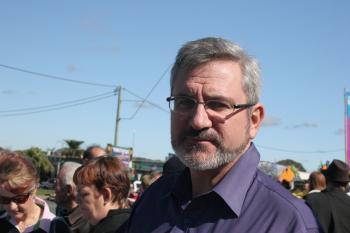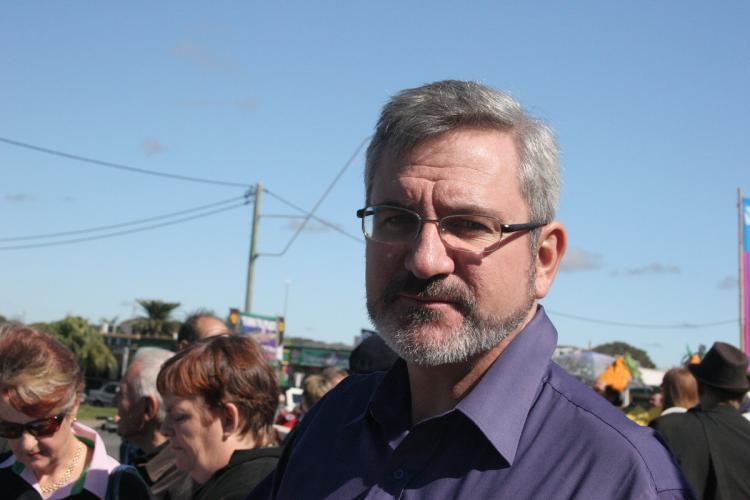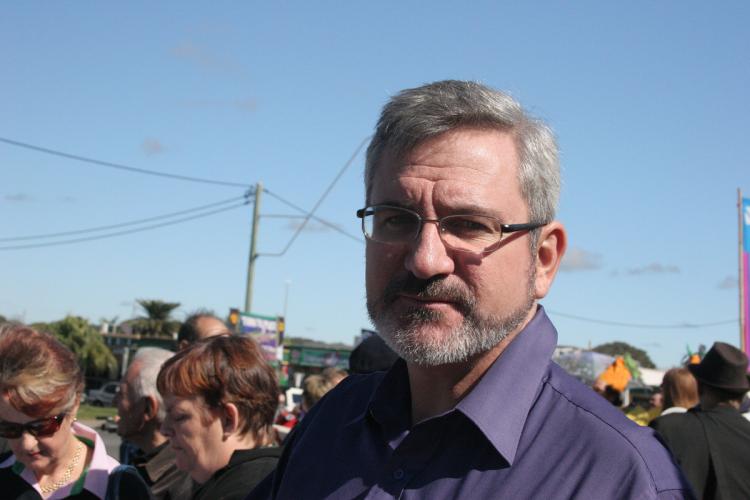Mandatory detention will be minimised and more “compassionate” values introduced to the immigration process under sweeping reforms announced this week by Australia’s Immigration Minister Chris Evans.
While mandatory detention remained an important aspect of Australia’s border control, Senator Evans said the onus would now be on the Immigration Department to justify detention rather than asylum seekers to justify their refugee status.
“Labor rejects the notion that dehumanising and punishing unauthorised arrivals with long-term detention is an effective or civilised response,” he said in a speech delivered in Canberra July 29.
“Desperate people are not deterred by the threat of harsh detention – they are often fleeing much worse circumstances.”
Detention he said will be relevant to three categories of people – unauthorised arrivals who need to be screened for health, identity and security risks, unlawful citizens who present a risk and those who are chronic abusers of visa conditions.
“A person who poses no danger to the community will be able to remain in the community while their visa status is resolved,” he said.
The Government would not detain children in detention centres and the centres will only to be used as “a last resort and for the shortest practicable time”, he said
“Once in detention, a detainee’s case will be reviewed by a senior departmental official every three months to certify that the further detention of the individual is justified.”
Mr Evans said he had looked at all of the long-term detention cases presently within his department and had determined that of the 72 cases reviewed, 31 should not have been in detention.
Apart from the cost to the taxpayer, which he estimated at $220 million in 2006–2007, there had been a loss of confidence among Immigration Department staff in the fairness and integrity of the system as a result of the harshness of past policies, he said.
“Enormous damage” had also been done to Australia’s international reputation.
“On 14 occasions over the last decade, the United Nations Human Rights Committee made adverse findings against Australia in immigration detention cases.”
Mr Evans said the new initiatives reflected the Government’s concern that Australia’s detention policies reflect “the values of Australia’s democracy”.
“They honour our international treaty obligations. They give greater voice to our commitment to the rule of law. They acknowledge the centrality of the humane treatment of the individual.”
While the Government believed there was still a need for offshore processing that will continue at the Government’s new detention centre on Christmas Island, “deficiencies” in past procedures would be addressed.
“Henceforward, asylum seekers will receive publicly-funded advice and assistance, access to independent review of unfavourable decisions and external scrutiny by the Immigration Ombudsman,” Mr Evans explained.
Initiatives welcomed
Former senator and long-time refugee advocate Andrew Bartlett said the initiatives represented a “significant shift” not only in the way asylum seekers are treated, but also in the attitude towards them.
“What we had before was [that] everybody was locked up, no questions asked, regardless of the circumstances, and the obvious part of that is the assumption that we need to be protected from such people.
“The new approach is people are not locked up unless there is a compelling case that they present a risk to the community, which, in the vast majority of cases, they don’t and haven’t in the past.”
Mr Bartlett said that while he would be watching closely to see how the reforms were implemented, he had been encouraged by the minister’s decision to include both the Human Rights Commission (HRC) and the immigration ombudsman in the process.
“So actually being seen to work with the Human Rights Commission and human rights principles and the ombudsman is a pretty strong safeguard.”
However, Ian Rintoul from the Refugee Acton Collective said the changes did not go far enough.
“Although the changes are very good, in particular there will now be a prejudice in favour of community processing, but the mandatory detention remains and so does the offshore processing on Christmas Island, and these are fundamental aspects that need to be changed,” he said.






